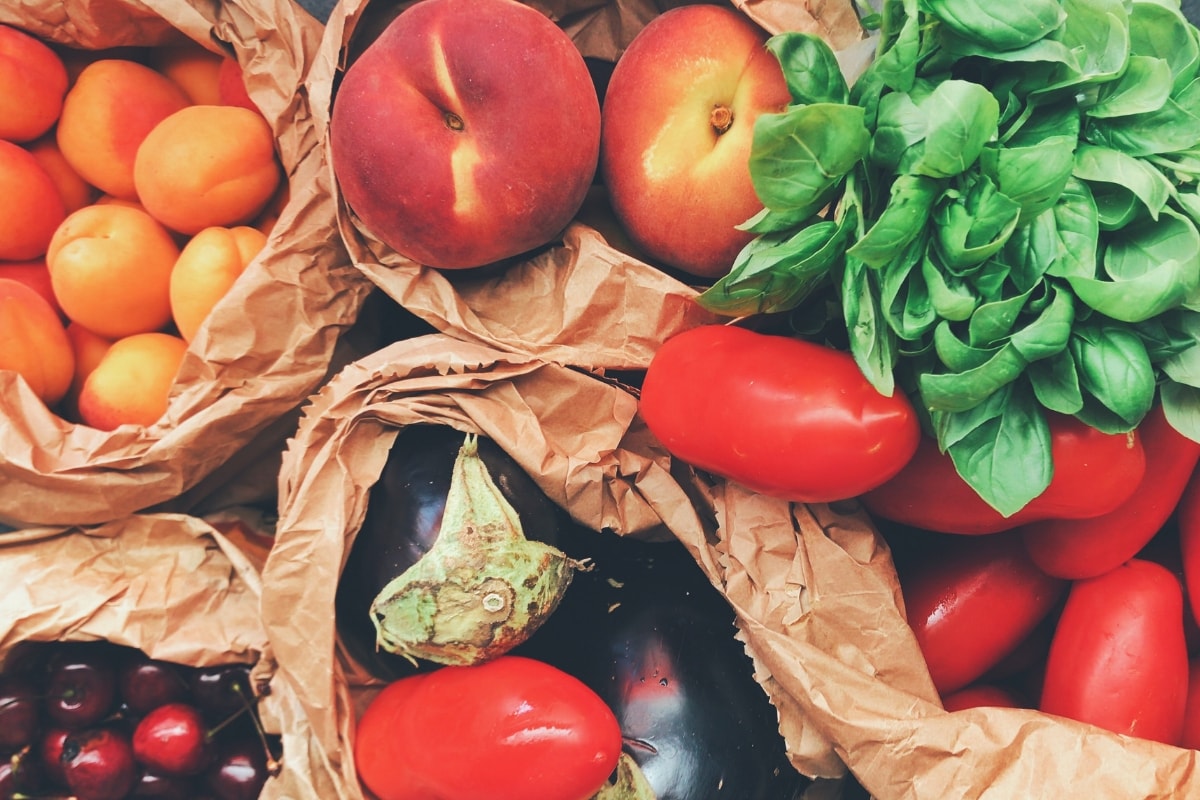In the search for a healthier life or weight loss, many people follow different bits of advice. From “detox juices” to the ban on lactose and gluten for those who don´t have allergies, many myths about healthy eating have been widely propagated and science has already contested its effects on the human body.
Here is a list of 3 myths about healthy eating that are still around and help to perpetuate bad eating habits and even impact on weight gain.
Carbohydrates are villains
One of the first rules of those who want to lose weight or lead a healthier life is to cut carbohydrates. Pizzas, pasta, bread rolls in the morning, among other foods made with wheat flour. Of course, the aforementioned foods are very caloric, but carbohydrates are critical to the functioning of our body.
Carbohydrates provide essential energy for your brain and your central nervous system. They give you the energy you need to move your body and think, as well as give you a huge variety of important nutrients. The point here isn´t to cut out carbohydrates but swap them for whole foods. They have more nutrients, they do not give peak glycemic and still help make you feel happier for longer.
A slice of brown bread, for example, contains far more nutrients than white bread, such as fiber, selenium, magnesium, and folic acid. Cutting down whole carbohydrates can cause moodiness and binge eating. Instead of restricting or cutting out carbohydrates, I recommend giving preference to quality carbohydrates and eating them in moderation, within a balanced diet.
See too:
| Snacks: healthy options to keep in your desk.
| Herbal Tea favorites you will love!
Avoid any fat
Forget the myth that fat makes you sick. Fats are a primary source of energy. And we need to consume essential fatty acids to sustain basic functions of the body. Fat serves to isolate our organs and acts as a structural component of cells.
Regular consumption of healthy fats is associated with numerous health benefits, including emotional balance and combating inflammation. They also support immune functions, help regulate body temperature, help with skin, hair and nail health and help absorb fat-soluble vitamins such as A, D, E, and K.
What you need to differentiate is what is “good” fat and what is “bad” fat. Not all fat is the same.
Some examples of “bad” fats include certain meats (pork and beef), butter and margarine, and vegetable oils such as canola. This is not to say that you have to avoid this type of fat – just pay attention to consumption. In general, “good” fats are part of the monounsaturated and polyunsaturated fats category, as well as fatty acids such as omega-3s and omega-6s contained in foods like salmon, avocado, olive oil, eggs, and nuts.
Gluten-free and lactose-free products are always healthier
Even though you are not celiac, many people follow a gluten-free diet for a healthier lifestyle. But not always these products found in supermarkets are the best options. Contrary to popular belief, most of these processed foods contain high amounts of fat, sugar and other chemical additives. Of breaking, it still tends to be more caloric than conventional.
The magazine says that the “lucrative business” of the segment has generated an interest in the industry to commercialize bread, cakes, cookies without the famous protein, responsible for giving “alloy” and softness to the product. The result is that they have multiplied, are more expensive and, in many cases, far less healthy than the “originals”.







